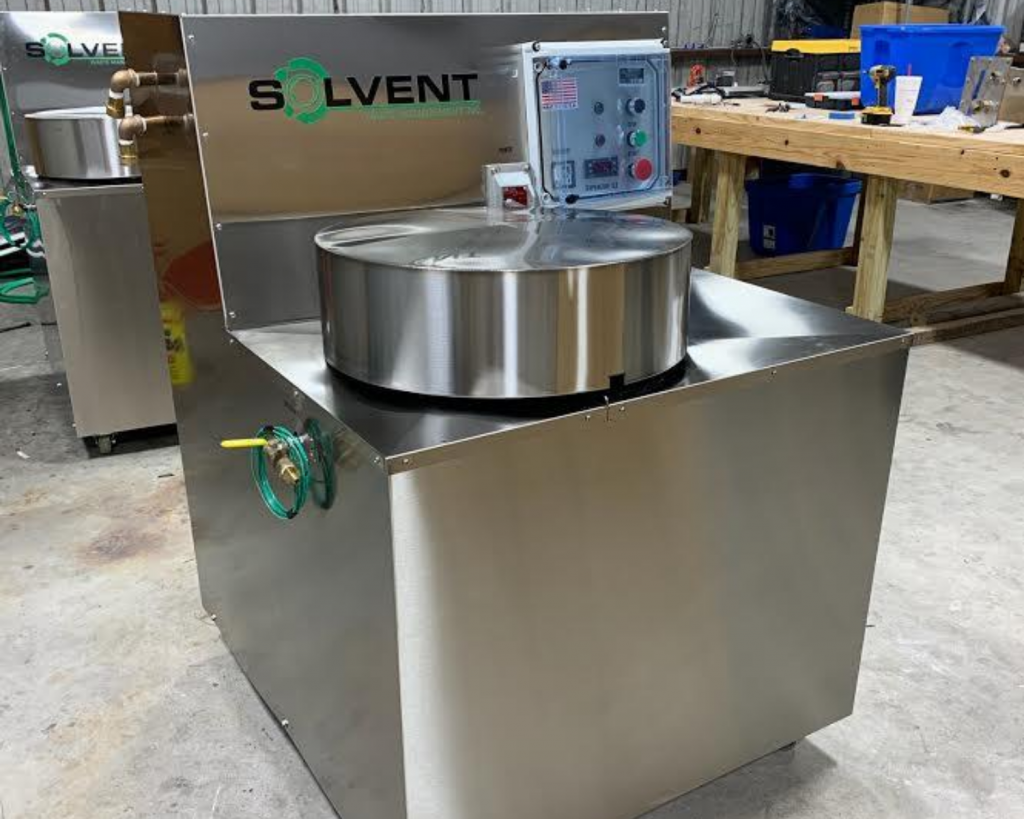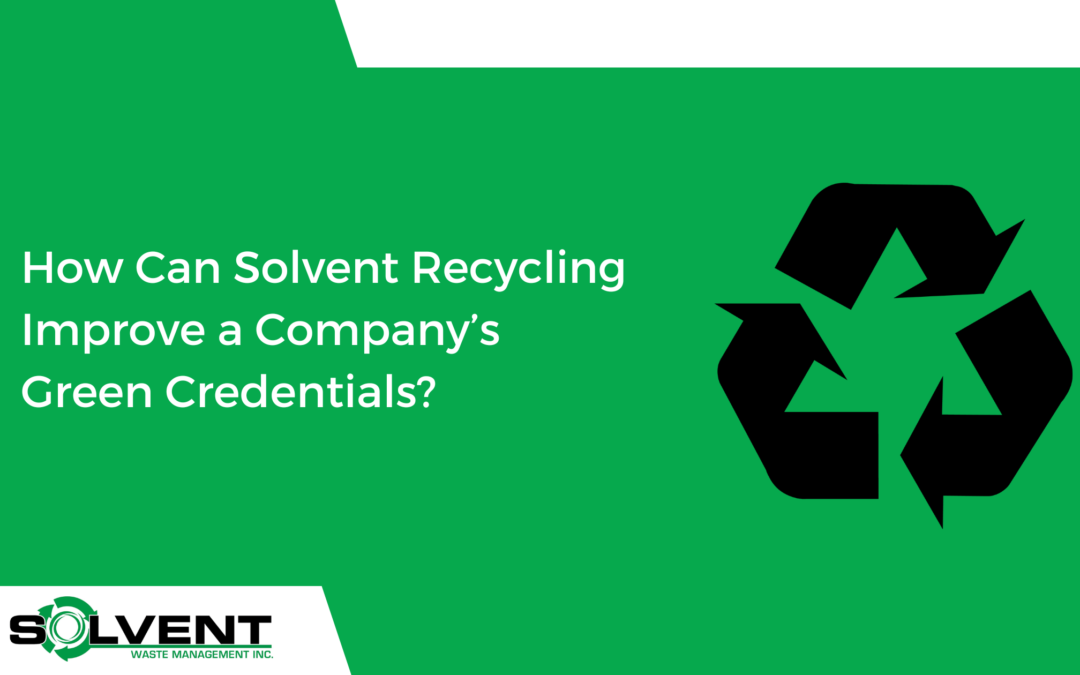In today’s increasingly eco-conscious world, businesses are under more pressure than ever to adopt sustainable practices and minimize their environmental impact. One way to achieve this is by implementing solvent recycling solutions.
This method not only reduces waste and cuts costs but also helps improve a company’s green credentials. In this blog, we will explore how solvent recycling contributes to a company’s sustainability efforts, the benefits of adopting this practice, and how it can ultimately boost a company’s reputation and bottom line.
What is Solvent Recycling?
Solvent recycling is the process of recovering and reusing solvents that have been contaminated or used in various industrial applications. This is achieved through various methods, such as distillation, adsorption, and membrane separation, which help separate contaminants from the solvents, allowing them to be reused.
By recycling solvents, companies can reduce their reliance on new, virgin solvents and minimize the amount of hazardous waste generated, leading to a more sustainable and environmentally friendly operation.
Improving Green Credentials Through Solvent Recycling
1. Reduced Environmental Impact
One of the most significant ways solvent recycling can improve a company’s green credentials is by reducing its overall environmental impact. By recycling and reusing solvents, companies can reduce the demand for new, virgin solvents, which often require significant energy and resources to produce. Additionally, recycling solvents can help decrease the amount of hazardous waste generated, reducing the risk of pollution and harm to the environment.
2. Lower Carbon Footprint
Solvent recycling can also help a company reduce its carbon footprint. Manufacturing and transporting new solvents generate greenhouse gas emissions, contributing to climate change. By recycling solvents, companies can minimize these emissions, demonstrating their commitment to reducing their carbon footprint and addressing climate change.
3. Compliance with Environmental Regulations
As more governments around the world introduce strict environmental regulations, businesses must comply to avoid penalties and maintain their reputations. Solvent recycling can help companies meet these regulations by reducing the amount of hazardous waste generated and minimizing the risk of environmental pollution. Companies that demonstrate compliance with environmental regulations can improve their green credentials and avoid costly fines and legal issues.
4. Enhanced Corporate Social Responsibility (CSR)
Companies that adopt solvent recycling practices can enhance their CSR initiatives, showcasing their commitment to sustainability and environmental stewardship. Implementing solvent recycling demonstrates a company’s dedication to protecting the environment, reducing waste, and conserving resources. This can help strengthen a company’s reputation and brand image, making it more attractive to eco-conscious consumers, investors, and partners.
5. Increased Resource Efficiency
Solvent recycling helps companies use resources more efficiently. By recovering and reusing solvents, companies can reduce their consumption of raw materials, leading to lower production costs and less waste. This efficient use of resources can enhance a company’s green credentials, showcasing its commitment to sustainability and responsible resource management.
6. Sustainable Supply Chain Management
Companies that implement solvent recycling can also promote sustainability throughout their supply chain. By recycling solvents, companies can reduce their dependence on new, virgin solvents, which can lead to more responsible sourcing and procurement practices. Additionally, working with suppliers and partners that also prioritize sustainability and solvent recycling can create a more eco-friendly supply chain, further bolstering a company’s green credentials.
7. Innovation and Industry Leadership
Adopting solvent recycling practices can position a company as an innovative leader in its industry. By investing in advanced solvent recycling technologies and techniques, a company can showcase its dedication to innovation and sustainability. This can help differentiate a company from its competitors and attract the attention of consumers, investors, and industry peers.
In conclusion, solvent recycling can greatly improve a company’s green credentials by reducing waste, saving resources, and minimizing the environmental impact of its operations. With the help of advanced recycling technologies, companies can recover solvents and other valuable materials from their waste streams and reuse them, thereby reducing their carbon footprint and promoting a circular economy.
By implementing a comprehensive solvent recycling program, companies can not only improve their sustainability performance but also enhance their operational efficiency, reduce costs, and boost their reputation as responsible corporate citizens. As environmental concerns continue to grow, it is becoming increasingly important for companies to adopt sustainable practices such as solvent recycling and take a proactive approach to manage their environmental impact.
About Solvent Waste Management
Since 1994, Solvent Waste Management, Inc. has assisted many companies in a variety of different industries not only improving their operations but also reducing costs.
Solvent Waste Management Inc. designs and manufactures solvent distillation equipment that cleans contaminated solvents, allowing users to restore and continuously reuse solvents – thereby saving money on the cost of disposal and the cost of new solvents.

Model SW8 Solvent Recovery System
Model SW30 Solvent Cleaning Machine
Model SW55 Solvent Recycler Machine
Model SW70 Solvent Recovery Equipment
Solvent Waste Management designs and manufactures solvent recycling equipment that cleans contaminated solvents in such a way that the customer can reclaim and reuse solvents again and again, thus saving on both the cost of solvent disposal and the cost of new materials.

